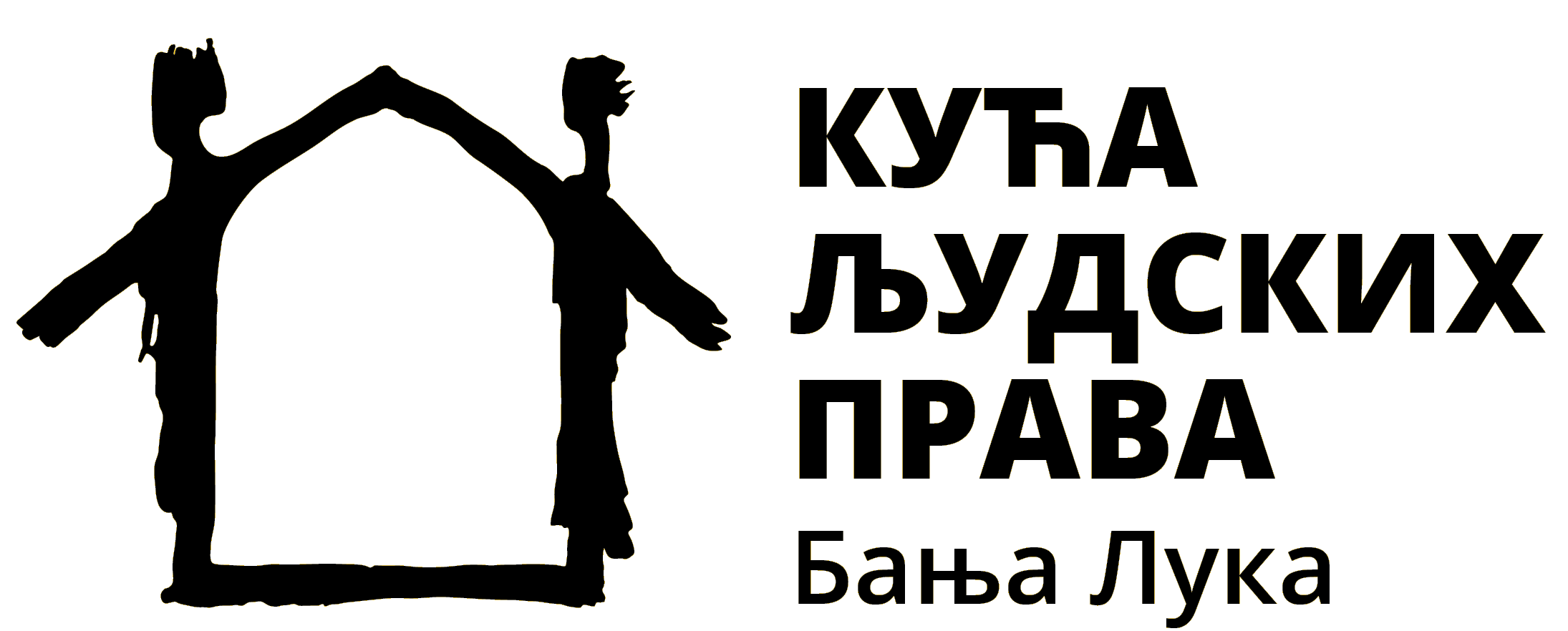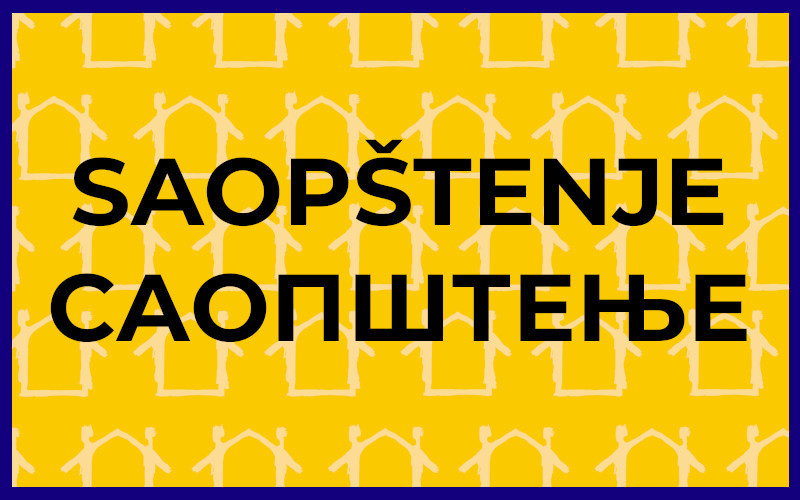Gender-based discrimination at work is discrimination that occurs on the basis of sex, gender, sexual orientation, gender identity or sexual characteristics. The first research focused exclusively on the study of the representation, form, processing and effectiveness of protection mechanisms in Bosnia and Herzegovina, “Gender-Based Discrimination at Work in Bosnia and Herzegovina”, was conducted in 2018 and showed that awareness of gender-based discrimination at work extremely low, that this form of discrimination is not recognized, rarely prosecuted, and that workers do not have and do not recognize effective protection mechanisms in practice. At the same time, this research pointed to the widespread prevalence of gender-based discrimination at work in all segments of labour: during employment, working conditions, opportunities for promotion, exercise of maternity rights, termination of employment. Women are more exposed to this discrimination, especially in cases of pregnancy and maternity rights, but there are also forms of multiple discrimination (e.g. based on sex and age; sex and disability).
The research identified court procedures as one of the weakest links, recommending further education, exchange of knowledge and practice in this area. It is judges, lawyers and legal aid providers who have recognized the lack of jurisprudence as one of the difficulties in conducting protection proceedings, especially when it comes to anti-discrimination claims related to labour rights. Although labor disputes are frequent, a small number of them are initiated and conducted due to discrimination, and those conducted on the basis of gender-based discrimination are even rarer. In the OSCE report “Assessment of the Work of Bosnia and Herzegovina Institutions in Combating Discrimination”, it was recorded that almost two thirds of all registered court cases of discrimination relate to labour rights (61%). However, from the data generated in the Automatic Case Management System, it is not possible to obtain additional indicators in the courts that would refer to the type of discrimination, nor to the prohibited grounds of discrimination.
The majority of court proceedings in the field of labour are conducted according to entity labour laws, which indicates that there is still no or insufficient understanding and implementation of the Law on Prohibition of Discrimination in Bosnia and Herzegovina and the Law on Gender Equality in Bosnia and Herzegovina, or distrust in the judiciary regarding the application of the aforementioned laws. Legal ambiguities were also observed regarding the application of certain norms, in particular those related to determining discrimination, especially in relation to the comparator, shifting the burden of proof, making it probable that discrimination has been committed. An additional challenge in processing cases of discrimination is inconsistent jurisprudence and a lack of sources on jurisprudence in this area.
Therefore, the purpose of this newsletter is to provide an overview of jurisprudence in Bosnia and Herzegovina (BiH), the region, and the practice of the European Court of Human Rights (ECHR), the Court of Justice of the European Communities/Court of Justice of the European Union and the European Committee of Social Rights (ECSR). Relevant decisions of the Institution of the Human Rights Ombudsman of Bosnia and Herzegovina are also included. By covering such a wide range of verdicts and decisions of different instances, a detailed insight into many areas and issues that are recognized as a challenge for the Bosnian-Herzegovinian judiciary in processing cases of gender-based discrimination at work is provided. Understanding the complexity of the field, but also the needs in BiH, the newsletter you have in front of you provides an insight into various legal dilemmas and solutions, in the hope that the practice presented in this way will help improve judicial protection for cases of gender-based discrimination at work in BiH.
The newsletter is available at: Newsletter of Jurisprudence.



